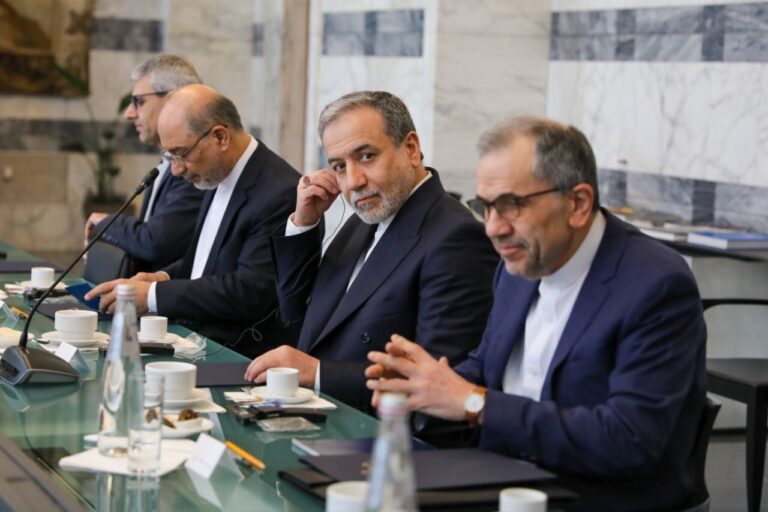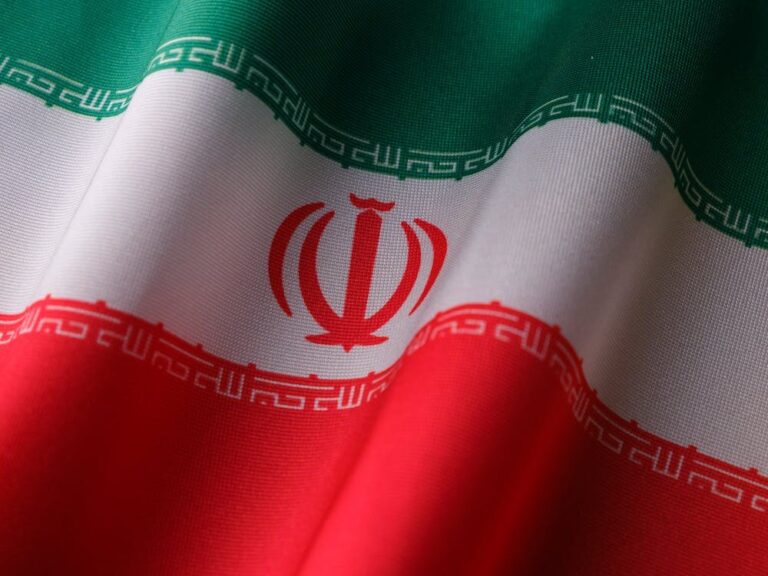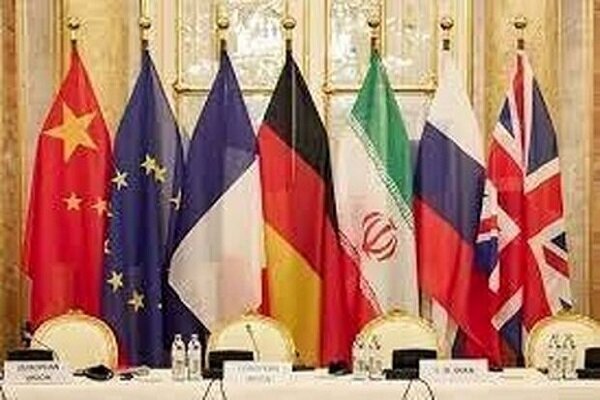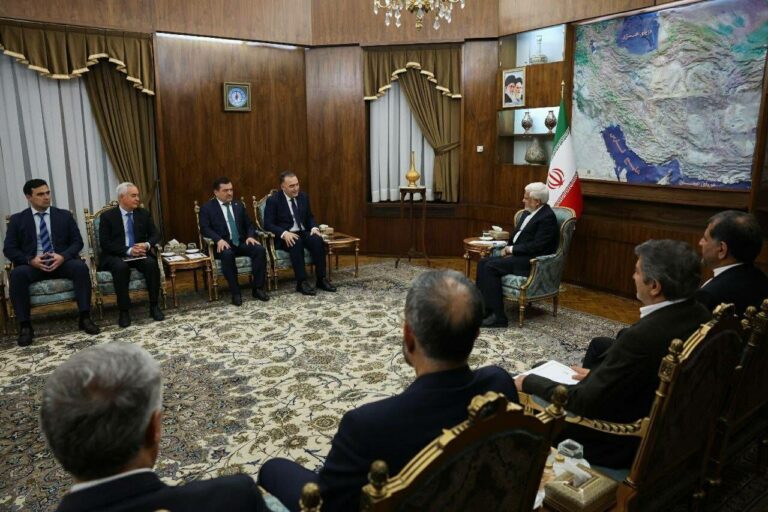
Similar Posts

Breakthrough in Muscat: Iran and U.S. Engage in Serious Third Round of Talks
Iran and the U.S. have concluded a third round of indirect negotiations in Oman regarding Iran’s nuclear program and sanctions. Led by Iranian Foreign Minister Abbas Araqchi and U.S. envoy Steve Witkoff, the talks, facilitated by Omani mediators, followed a constructive second round in Rome. Araqchi noted a positive atmosphere and serious engagement, with detailed discussions and written exchanges reflecting both parties’ commitment. Future meetings are planned, with teams returning to their capitals for evaluation. Araqchi expressed cautious optimism about the negotiations, highlighting their potential to reshape international relations concerning Iran’s nuclear ambitions.

Iran and Tajikistan Strengthen Ties: A New Era of Enhanced Cooperation
The Foreign Ministers of Iran and Tajikistan emphasized the need for ongoing consultations to tackle regional challenges during recent talks in Tehran. Tajik Foreign Minister Sirojiddin Muhriddin, leading a high-ranking delegation, met with Iranian counterpart Abbas Araqchi to discuss their strong bilateral relations, satisfaction with multi-sector cooperation, and shared historical and cultural ties. Both nations committed to enhancing diplomatic efforts. Araqchi also addressed regional conflicts, condemning actions in Gaza and the West Bank, and called for a unified response from Islamic nations to humanitarian crises. The meeting highlighted the importance of their partnership and collective action.

Iran’s Diplomacy: Navigating Critical Historical Crossroads
The year 1403 (March 2024 – March 2025) was pivotal for Iran’s foreign policy, beginning with the tragic deaths of President Ayatollah Seyyed Ebrahim Raeisi and Foreign Minister Hossein Amir-Abdollahian in a helicopter crash. Their loss prompted significant diplomatic changes and a crucial presidential election, focusing on whether to continue Raeisi’s “Look East” strategy and support for the Resistance Front. Despite international condolences, particularly from allies, Iran remained resolute in its resistance-driven policies. The new administration emphasized active regional diplomacy, strengthened ties with Eastern nations, and renewed economic cooperation, all while facing economic sanctions and geopolitical challenges.

Unlocking Peace: Dialogue Emerges as Key Solution for Iranian Nuclear Crisis
The Iranian nuclear issue challenges the international community’s commitment to peace and diplomacy. A recent trilateral meeting in Beijing between China, Russia, and Iran emphasized that political engagement is the only viable solution. Key points included rejecting unilateral sanctions and prioritizing diplomacy to resolve disputes. The 2015 Joint Comprehensive Plan of Action (JCPOA) showcased successful dialogue, but U.S. withdrawal has jeopardized it. China advocates for upholding the JCPOA as a balanced approach to non-proliferation and Iran’s rights to peaceful nuclear energy. The situation demands cooperation over coercion to restore trust and achieve a sustainable resolution for global stability.

Vice President Celebrates Strong Ties: Iran and Tajikistan Recognized as Second Homes for Their Nations
In a recent meeting in Tehran, Iranian officials, led by First Vice President Mohammad-Reza Aref, highlighted the strong cultural and linguistic ties between Iran and Tajikistan, referring to each other as “brotherly countries.” Aref emphasized the absence of obstacles to enhancing bilateral relations and noted the economic complementarity between the two nations. Discussions included opportunities for collaboration in various sectors such as trade, industry, and education. Tajikistan’s Energy Minister expressed gratitude for Iran’s hospitality and acknowledged the positive trade trajectory. He extended an invitation for Aref to visit Tajikistan, aiming to strengthen friendly relations further.

Strengthening Ties: Russian President Officially Ratifies Strategic Partnership Agreement with Iran
Russian President Vladimir Putin has ratified a 20-year strategic cooperation treaty with Iran, strengthening bilateral relations. The treaty, signed after approval from Russia’s State Duma and Federation Council, stems from a January meeting between Putin and Iranian President Masoud Pezeshkian. Putin described it as a “breakthrough document,” while Pezeshkian expressed hope for a new chapter in their relationship. The treaty outlines cooperation in defense, energy, finance, transportation, and other sectors. Iranian Foreign Minister Abbas Araqchi noted that the Iranian Parliament is expected to approve the deal soon, facilitating its swift implementation and potentially altering regional geopolitical dynamics.